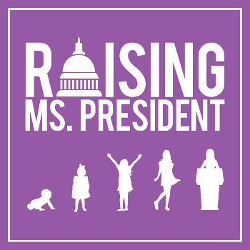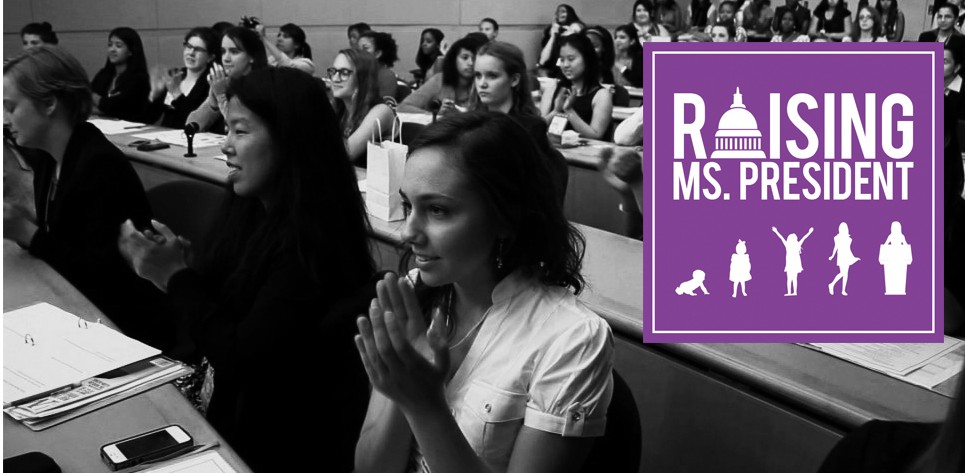Remember how the 2012 election was called the “Year of the Woman?” Women, the story went, were critical to carrying President Obama to a second term. A historic number were elected to various offices that year. And the 113th Congress that started soon after had more female senators than ever in U.S. history. There was even a heartwarming photo-op in front of the Capitol building of the female Democratic caucus, looking Congressional and power-suited and myriad.
Ah, for the small victories we celebrate. That historic number of female Senators? Only 20. Another 81 in the House. (The numbers are the same for the 114th Congress.) This despite the fact that women make up over 50 percent of the U.S. population, that we graduate from college at a higher rate, and that we vote in higher numbers than men.
According to Representation2020, a project of FairVote, the United States ranks 95th in the world for the percentage of women in its national legislature. That puts us below Albania, Kenya and Saudi Arabia (where women are not even allowed to drive on their own). And it represents a slide backward: In 1998, we were 59th in the world.
Pennsylvania is among the worst in a nation of bad: Representation2020 ranks us 46th of 50, noting we have never had a female Governor or Senator, and only seven Representatives, most recently Democrat Alyson Schwartz. In Philadelphia today, only 15 of 68 elected officials are women.
Why does it matter? Aside from the fact that a representative democracy should actually represent the democracy, as a story in The Nation pointed out last year, studies have shown that both Democratic and Republican women introduce more of the types of legislation that affect regular people’s lives—education, health, labor, civil rights and liberties—as well as more progressive policies on the environment, violence prevention, incarceration and support for families.
Plus, they show up to work:
For years, groups like Emily’s List and Feminist Majority and National Organization for Women have tried to enlist and elect women, of varying political backgrounds, to local, state and federal offices. They have had some success. And, there is, of course, the very real possibility of a President Hillary Clinton. But there are still too few women running for local offices to fill the pipeline that will eventually even out the numbers in federal offices.
That starts with ambition: A recent Brookings study noted that while 62 percent of men surveyed said they had considered running for office, only 45 percent of women said the same.
“Young women are not seen as leaders, particularly in politics,” says Jessica Grounds, co-founder of Running Start, an organization working to inspire young women into politics, in the documentary Raising Ms. President. “We have to get more young women to become those leaders to be A, role models, and B, really change the dynamics. They need to be at the table making policy, need to be discussing what their lives are like.”
Raising Ms. President, which screens at International House on Sunday at 4:30 p.m, delves into where political ambition comes from, why women seem to have less of it (spoiler: it’s not because of children), and how society can change that. The event, hosted by Penn’s Women of Fels, is a fundraiser for Girls on the Run Philadelphia, an after school program that fosters self-confidence in 3rd through 8th graders around the city. The movie will be followed by a panel discussion moderated by political consultant Rebecca Katz with Grounds; state Representative Donna Bullock; City Councilwoman Cherelle Parker; and former mayoral candidate Melissa Murray Bailey.
Go. Bring a young woman. And please, can you let her know? We need her.




